Dubai policy body recommends establishing PPP unit
17 January, 2018 | By JENNIFER AGUINALDO
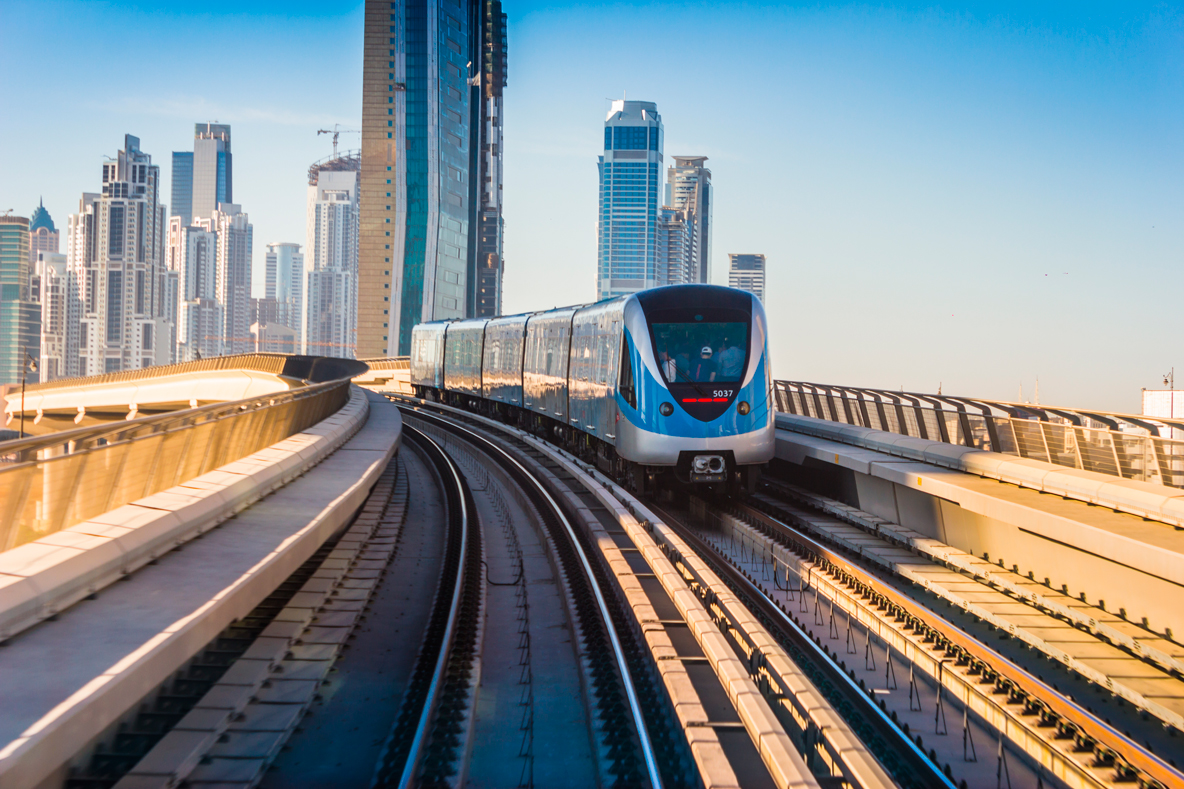
A policy paper published by the Mohammed bin Rashid School of Government (MBRSG) has recommended the establishment of a public-private partnership (PPP) unit within the government.
“I think its introduction would be a useful means of coordinating activity across government and with interested firms looking to involve themselves in PPPs,” says Guy Jonathan Burton, associate professor at MBRSG and author of the paper.
Most countries that have successfully implemented PPP projects, including the UK, some states in Australia and South Africa, have existing PPP units. In the Middle East and North Africa region, Egypt and Saudi Arabia have also established PPP units within their finance and economic planning ministries, respectively.
According to Burton, the UAE would benefit from establishing a PPP unit at the beginning of the process rather than later, which was often the case in other countries.
Citing an OECD finding, the policy paper cited that most countries established a PPP unit at a later stage “when they realise the need for one, to provide clarity, coordination, guidance, technical expertise and assessment of PPP projects”.
However, the UAE has to address several key issues before establishing its own PPP unit, including defining its functions and responsibilities, recruitment of qualified staff and its jurisdiction – whether its coverage will include only Dubai or the entire federal government.
Dubai’s finance department approved the emirate’s PPP law in 2015. It also issued guidance for the law the following year.
The guidance set out regulations for four types of PPP contracting. These include build, operate, own and transfer (BOOT); build, operate and transfer (BOT); build, transfer, operate (BTO); and transfer and operate (TO).
It also specified the government agencies to be involved with contracting PPP projects, including: the relevant government entity for PPP projects worth under AED200m ($55m); the finance department for projects worth AED200m-AED500m; and the supreme fiscal committee for projects with budgets exceeding AED500m.
Negotiations for a number of PPP projects outside the power and water sector are already under way in Dubai. They include the development of two new buildings and an automated car park at Dubai Courts as well as the Dubai Union Oasis, a mixed-use real estate project to be developed on the land above the underground station where the Dubai Metro Red and Green lines meet.
Related Posts
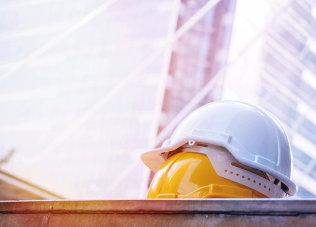
Fast-growing markets such as the UAE need to pay greater attention to the quality of ageing buildings and infrastructure, says Mashreq Bank
Planners, developers, designers and asset managers need to ...
READ MORE
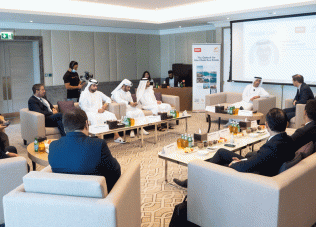
Abu Dhabi must promote its business readiness and investment potential if it is to put its real estate sector on the world stage
This article captures key highlights from the Abu Dhabi ...
READ MORE
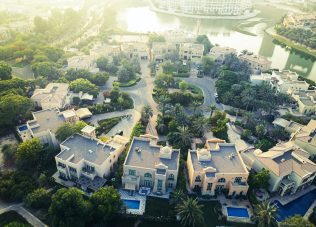
This article is a part of a series from the Dubai Real Estate Forum held by MEED and Mashreq on 22 March 2022 in Dubai.
Improving demand is expected to hold ...
READ MORE
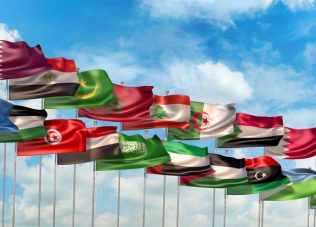
Carillion is the latest international firm to report problem projects in the region
Before the London Stock Exchange opened for the week on 10 July UK construction company Carillion issued a trading ...
READ MORE

The commercial impact of Covid-19 has dramatically changed the banking needs of companies in the UAE, says latest briefing from Mashreq Bank
Download the complete media briefing here
Over half of ...
READ MORE
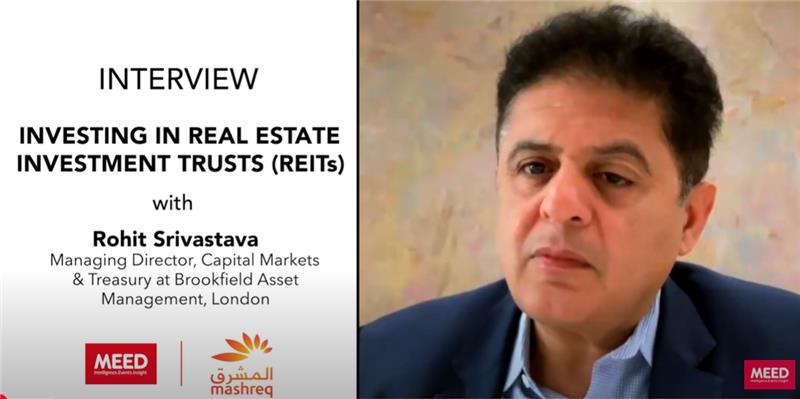
Rohit Srivastava, managing director of capital markets & treasury at Brookfield Asset Management in London, discusses how REITs are expanding access to real estate and gaining traction in the GCC, ...
READ MORE
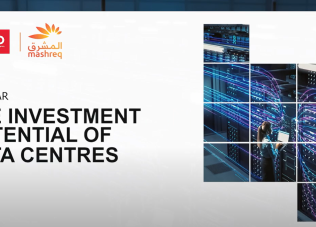
As demand for data centres accelerates, diverse investor groups are taking notice
Globally, total investment in data centres reached $70.6bn in 2024 and this is projected to grow by 5% to ...
READ MORE
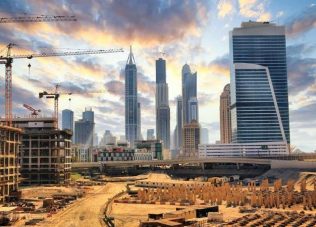
Tribunal formed to oversee cancelled and liquidated real estate projects and ensure investors' rights
A special committee to oversee unfinished and cancelled real estate projects has been set up in Dubai.
Sheikh ...
READ MORE
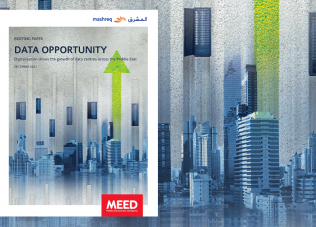
Characterised by positive yields in the current market, data centres are becoming an attractive investment prospect in the Middle East real estate sector
Quickly emerging as a new subsector in the ...
READ MORE
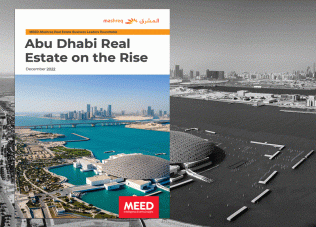
Abu Dhabi has put the foundation in place to become a global hub for real estate investments
Abu Dhabi has embarked on an ambitious programme to attract private and foreign investment ...
READ MORE
UAE real estate must reassess asset health strategies
Taking Abu Dhabi’s success global
Dubai property to sustain demand in 2022
Middle East risk is an international problem for
Companies call for greater financing support from Covid-19
Watch: How REITs are opening up new avenues
Investment potential of the data centre economy continues
Dubai pushes reforms for cancelled projects
Real estate poised for data centres boom
Abu Dhabi Real Estate on the Rise
17 January, 2018 | .By JENNIFER AGUINALDO













